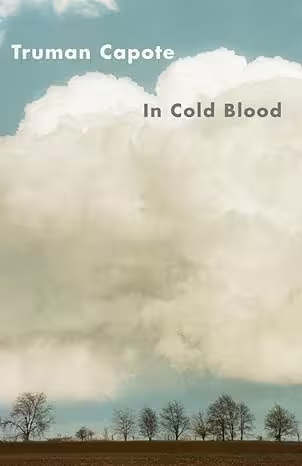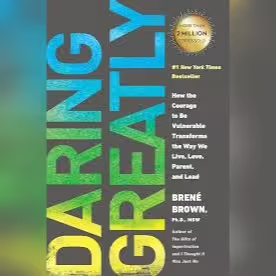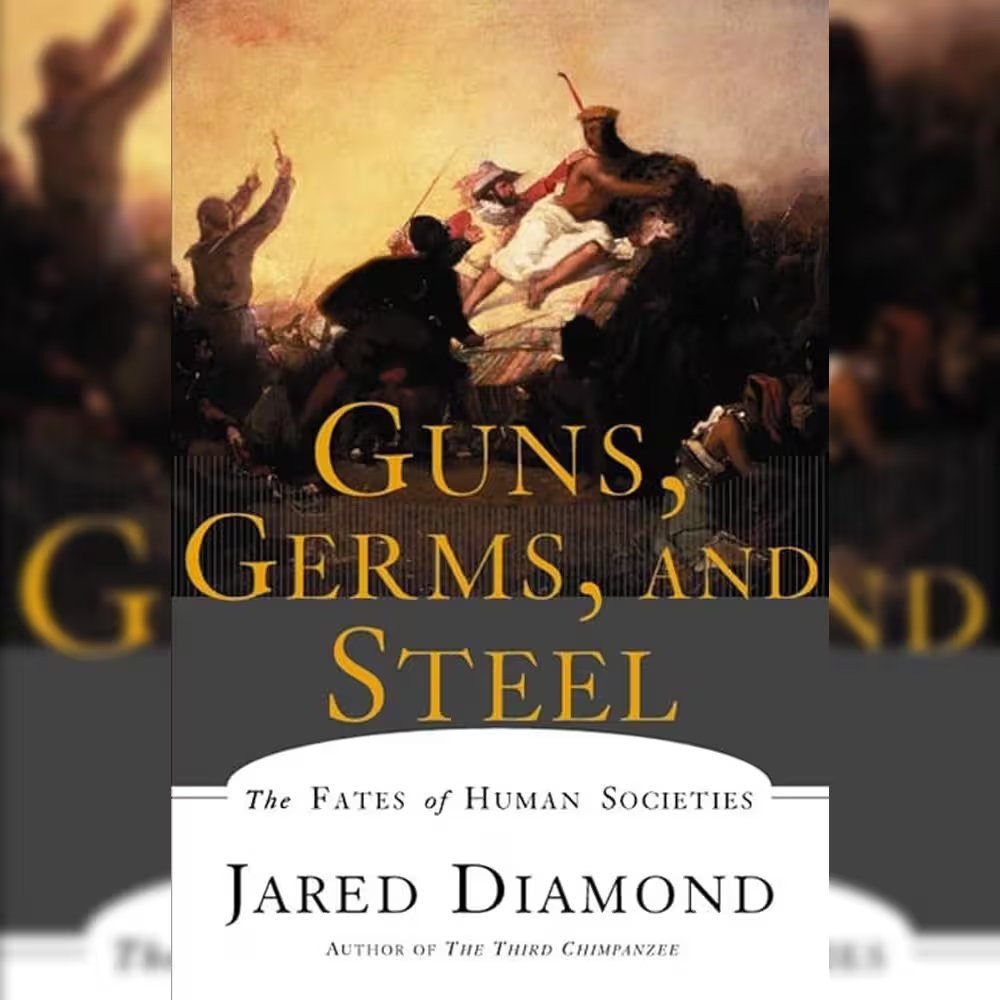This book review of In Cold Blood by Truman Capote is part of my Amazon 100 Books to Read in a Lifetime Quest.
This post pay contain affiliate links, which means that I may receive a commission if you make a purchase using these links. As an Amazon Associate I earn from qualifying purchases. Thanks for helping to support the content on this site.

In Cold Blood
- Author: Truman Capote
- Genre: True Crime
- Publisher: Vintage
- Pages: 343 pages, Paperback
The village of Holcomb stands on the high wheat plains of western Kansas, a lonesome area that other Kansans call “out there”.
Truman Capote, In Cold Blood
When I first picked up In Cold Blood, I really didn’t know what to expect. I try not to research books too much before reading to reduce outside influences. Not to mention to read with a more open mind toward the subject matter. I obviously knew it was considered a classic. But there’s just something about this book that makes it more than just a retelling of a tragic event. It’s haunting. And emotionally gripping. Capote doesn’t just narrate the Clutter family murders, he pulls you into the story and makes you feel it.
Plot Summary
The premise is straightforward. In 1959, two men (Richard “Dick” Hickock and Perry Smith), brutally murder a family in Holcomb, Kansas. At that time, Capote was writing for The New Yorker and ended up getting deeply involved in the murder investigation. In his text, he documents not only the crime itself, but also the lives of the killers and the aftermath. He captures the details with a depth and emotional complexity that very few writers can really pull off. For me, what makes this book stand out is the fusion of journalistic reporting and narrative style that seems like it would have been ahead of its time.
My Review
The Depth of the Characters
It’s always unsettling when authors portray cold blooded murderers as complex humans, not as one-dimensional beasts. Capote invested time in portraying the complexities of Dick and Perry and they certainly jump off the page as people you don’t really root for, but as people you wished could have had a different set of cumulative experiences in their lives that might have led them down different paths. Yet the more chilling question confronts you: would it have mattered? Capote intentionally delves into their traumatic childhoods, struggles with mental health, and the mess of emotions that seem to define him – for Perry in particular.
This quote really connected: “Perry’s early years had been a continuous catalog of disappointment. No one had ever given him a break.” This really made me think—here is someone who isn’t just a cold-blooded killer, but a person whose actions were shaped by years of pain and neglect. Capote makes you see Perry less as a monster and more as a product of his circumstances. It’s this kind of nuance that adds real weight to the book.
In contrast, Dick is portrayed as a more traditional sociopath—self-serving and manipulative. But even with him, Capote offers some insight into his motivations, and you can almost understand the way his mind works. It’s a delicate dance, making you empathize with two people who committed such terrible acts, and Capote does it well. It’s a challenging read at times because it forces you to confront uncomfortable questions about human nature, guilt, and punishment.
Writing Style: Beautiful, But Not Without Criticism
One thing I think it would be hard to deny: Capote strikes a constant dissonance between beautiful yet haunting prose. There were several moments where I just had to stop and reread a sentence because of how powerful it was. In describing the town of Holcomb, for instance, Capote writes: “The town was in its Sunday best; the lawns were mown, and the houses looked freshly painted, as though they were anticipating a visitor.” It’s a simple description, but it sets a tone of perfect normalcy that is later shattered by the horrific crime.
However, Capote’s style can sometimes slow the pacing down, especially early in the book. There’s a lot of attention to detail, which is great for building atmosphere, but there were moments when I found myself wishing things would pick up. Deep dives into the Clutter family and the two killers, which are interesting and important to the overall story, felt a little drawn-out at times – almost too much detail. It can feel like Capote is sometimes burdened by the depth of his research – lingering in the details rather than diving into the action, and I found that a bit unnecessary at times.
The Investigators and the Community
I appreciated that Capote gave as much attention as he did on the investigation that followed the crime. It obviously made sense to focus on the victims and the murderers, but like any good documentary of a real event, the 360 degree perspective is what immerses you fully in the story. The law enforcement team who work to solve the case are explored well and their humanity is on display – equally important to me in telling of any true crime story. These are humans afterall that have lives and must execute their very difficult jobs in the context of their own lives. Capote reveals their doubts, fears, and frustrations, making them really authentic. It’s clear that the crime affected them on a personal level as well as professionally.
I also appreciated how Capote captured the emotional toll the murders took on the town of Holcomb. Holcomb was a quiet, peaceful place where everyone knew each other, and the murder shattered that innocence. Capote writes: “The town of Holcomb, Kansas, was not a place to live in…if you were not a member of the local community, you were viewed with suspicion.” The people of Holcomb are depicted as isolated, and their fear and sadness are palpable throughout the book. The murder is a violation of everything they held dear, and Capote’s writing conveys that sense of loss in a powerful way.
The Ethical Debate: Controversies Around Capote’s Involvement
When you read In Cold Blood, you can’t ignore the controversy surrounding Capote’s involvement with Dick and Perry. In particular, Capote apparently became very close to Perry Smith during the research process. There are reports that Capote developed a somewhat emotional attachment to Perry, and this has raised ethical questions about his relationship with the subjects of his book. Was Capote’s empathy for Perry too much? Did his personal connection to the killers influence the way the story was told?
Capote was criticized for being too emotionally invested in the story, even going so far as to write letters to Perry, and there are moments in the book where Capote’s compassion for the killers shines through. At one point, Capote describes Perry’s feelings of isolation, “He was a half-madman, who had a story to tell, a man who, if he was to make any human connection at all, had to do it in his own way.” There’s a subtle sympathy here, and it’s hard not to wonder how much Capote’s own feelings affected the portrayal of Perry and Dick.
While it’s certainly this connection that makes In Cold Blood such a compelling and unsettling read, it’s also what makes it controversial. Ultimately, this is a work of creative nonfiction that uses the tools of dramatization to further the narrative, but does not fictionalize. Blending journalism and fiction-style narratives is part of what makes this such a unique and groundbreaking book. But it also raises questions about whether Capote went too far in his pursuit of a gripping narrative.
The Book’s Legacy and Influence
Despite the ethical questions and occasional slow moments, In Cold Blood was obviously a game-changer in the nonfiction genre. It completely transformed the true crime genre, showing us that these stories could be told in a much deeper, more complex way. Capote dives into the lives of everyone involved, exploring their stories, psyches, motivations and the larger social milieu in which they live. It’s immersive and broad and it’s what makes the story so compelling. It defined a genre that is immensely popular today.
In Cold Blood is an intense reading experience. It took me longer to read this book than a book this size normally would, just because of the emotional space I felt I needed to give it. I felt like I wasn’t doing it justice otherwise. And while I wasn’t always a fan of the structure he chose to employ, there’s just no escaping how powerful the book and groundbreaking this book is as a whole.
Parting Thoughts
Ultimately, I gave In Cold Blood 4 out of 5 stars. Like all people who first read groundbreaking works well after the genre has evolved, I am victim to the growth the genre has enjoyed standing on the backs of giants like this. So, it’s not perfect. But, in the end, this is absolutely a must-read for anyone interested in the true crime genre, or just great writing in general. Even the ethical questions around Capote’s involvement with the subjects reveals the balance all journalists must take when examining subjects at nearly microscopic levels of details – forming an attachment and placing yourself in the shoes of individuals you study is a natural, empathic consequence.
For me – this was a book that made me think, and made me uncomfortable. It made me think about journalism and storytelling, and for that alone, I have to give it a pretty high rating. I definitely recommend you check it out.
Other Books You Might Enjoy
About the Author
American author Truman Capote was a gifted storyteller, known for his unique style. Born in 1924, Capote became famous for his novel Breakfast at Tiffany’s. His most notable work, In Cold Blood, was one of the first books in what today we would call “True Crime”. It was the first to blend factual reporting with literary narrative. Capote’s writing gifts earned him substantial acclaim. He won several awards, including the National Book Award for In Cold Blood. He was also nominated for an Academy Award for the screenplay of the film adaptation of his novel The Grass Harp. Although his later years were troubled, his work continues to be celebrated for its innovation and emotional depth.
Reading Details
Start date: November 1, 2024
Finish date: November 6, 2024


